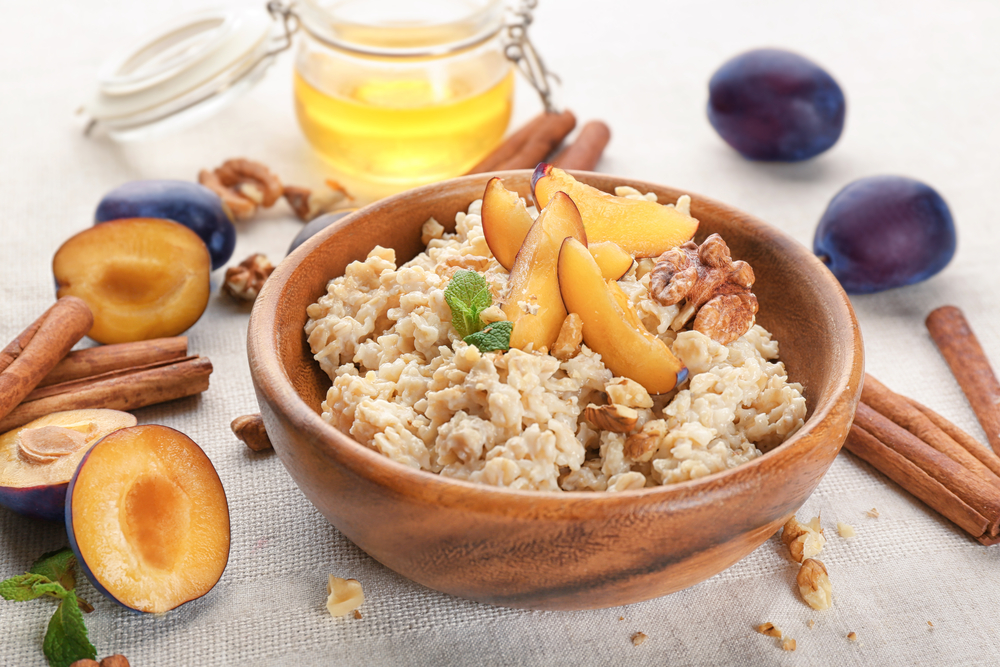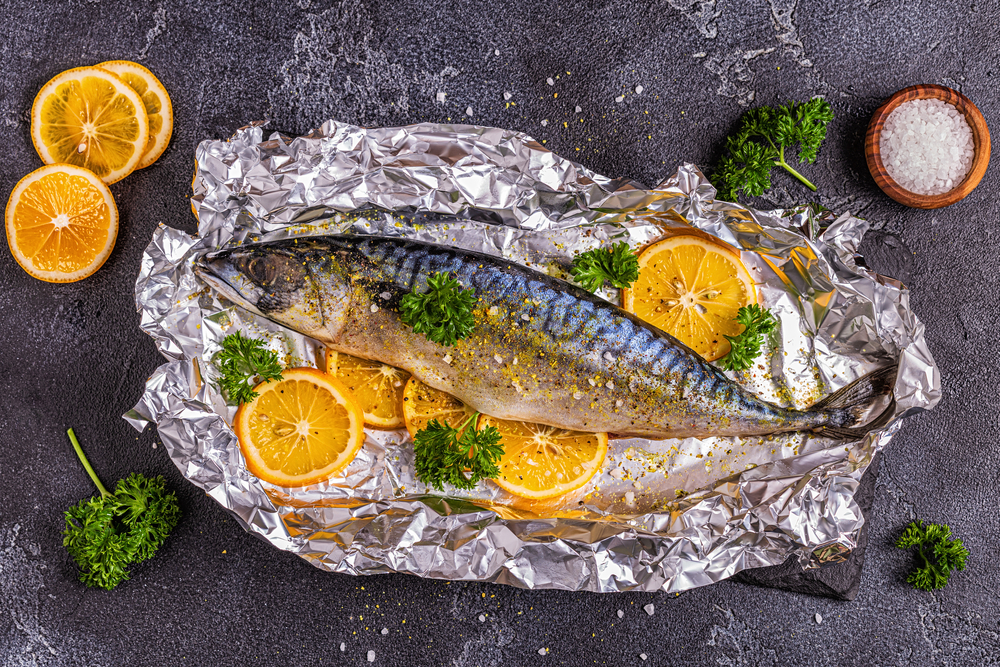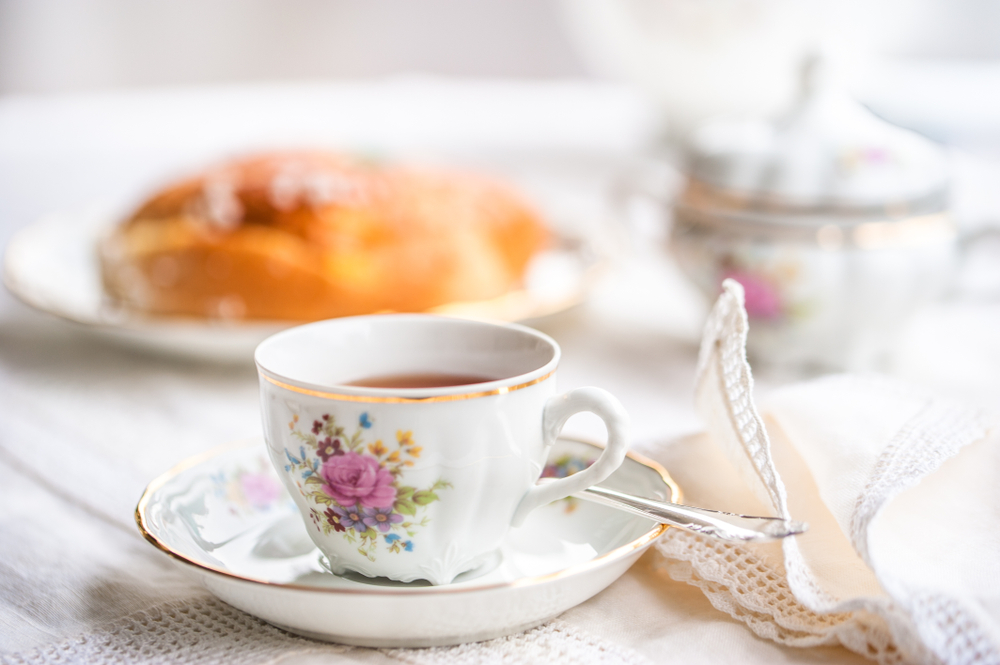
We look forward to our holidays for so long, and especially with everything that’s happened over the last couple of years. However, in a flash they’re gone and it’s back to the daily grind of life!
If you are suffering with the post-holiday blues, the good news is that there are some lifestyle changes you can make to set yourself up well for the rest of the year.
Clinical Nutritionist Suzie Sawyer shares some inspirational tips
Get back into a healthy routine
Whilst holidays are, hopefully, positive for mental wellbeing, our eating habits whilst we are away from home are not always the healthiest; we’re on holiday after all, and treats are a part of a well-earned break. Unfortunately, for some of us, once we return, we can feel lacking in energy and sometimes put on weight too, which doesn’t make us feel great.

If you have come back feeling sluggish, getting back into an exercise routine, and eating a well-balanced diet can really help our physical and mental wellbeing as well as energy levels.
 Too many sugary foods and alcohol which we may have consumed on holiday can work as depressants by reducing serotonin levels in the gut. Try switching to a diet rich protein and healthy fats (think avocados and olive oil), plus plenty of green, leafy vegetables: this can really help re-set your mind and body.
Too many sugary foods and alcohol which we may have consumed on holiday can work as depressants by reducing serotonin levels in the gut. Try switching to a diet rich protein and healthy fats (think avocados and olive oil), plus plenty of green, leafy vegetables: this can really help re-set your mind and body.
Re-set your gut
As part of your health and fitness drive, resolve to love your gut. Since most of our serotonin (the ‘happy’ hormone) is produced in the gut, the good gut bacteria we have is essential for mental wellbeing.

There are not many of us who can honestly say that our digestive systems work perfectly all the time. Eating different foods and water whilst away, as well as often an increase in alcohol, can often upset things for a while.

Think of the gut as a garden that needs seeding, feeding, and nurturing. The seeding process is all about providing the gut with prebiotics, essentially from foods such as chicory, artichoke, asparagus, flaxseeds, garlic, leeks, onions, and bananas. Try to include some in your diet every day and also drink plenty of green tea. A happy gut helps create a happy mind!
Make self-care a priority
When you return from holiday think about what makes you happy at home, in your own space. Reading a book, an at-home pedicure, taking a long bath – the list is endless. When we’re busy, we often put ourselves at the bottom of the pile when it comes to self-care.

Most of us don’t have the luxury of lots of time on our hands, but it’s all about prioritising the time we have, to do what’s good for our physical and mental health. Coming back from holiday with a plan in place for self-care is going to massively help relieve the blues.
Plan positively
Whether it’s another holiday, an event, a concert, a physical challenge, or all of the above, make plans on your return so you can start looking positively forward to what’s ahead.

Whilst it’s important to ‘live in the moment’ and make the most of each day, having events to look forward to is great for keeping a positive outlook and outsmarting any post-holiday lows.
Get plenty of fresh air
With more of us working from home, and the days becoming noticeably shorter, it’s all-too easy to start hibernating. However, getting some daily fresh air, even if you only have time for a walk round the block is essential for mental wellbeing.

Getting fresh air, and importantly natural light, into your brain is also essential for good sleep. The brighter morning-light conversely, helps the body produce more melatonin – our sleep hormone – at night. It’s also important for circulation to the heart and muscles to take daily exercise in some form or another.
So, banish the post-holiday blues by looking forward to a healthy autumn with a renewed diet and exercise plan as well as some fun events in the future.
FOR MORE GREAT NUTRITION AND LIFESTYLE ADVICE:
Sign up to receive our blog and get a weekly dose of the latest nutrition, health and wellness advice direct to your inbox.
Follow us on Instagram @feelaliveuk or on Twitter @feelaliveuk for nutrition, lifestyle and well-being tips.
Visit us at www.feelaliveuk.com for the latest offers and exclusive Alive! content.
Follow and Chat with Suzie on Twitter @nutritionsuzie
For everything you need to know about vitamins, minerals and herbs visit our sister site Herbfacts
All images: Shutterstock






















 Help is at hand in the form of the herb
Help is at hand in the form of the herb 
 It’s worth packing some effervescent vitamin C tablets and start taking them at the first sign of coughs and sneezes, repeating every few hours. The sooner you start taking it, the more effective it will be. Some people find their bowels become looser when using it which is perfectly normal. Vitamin C is quickly excreted from the body which is why it’s best to take it regularly throughout the day.
It’s worth packing some effervescent vitamin C tablets and start taking them at the first sign of coughs and sneezes, repeating every few hours. The sooner you start taking it, the more effective it will be. Some people find their bowels become looser when using it which is perfectly normal. Vitamin C is quickly excreted from the body which is why it’s best to take it regularly throughout the day.
